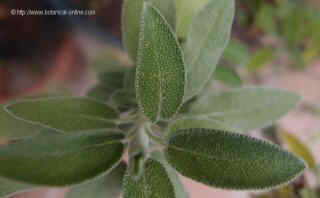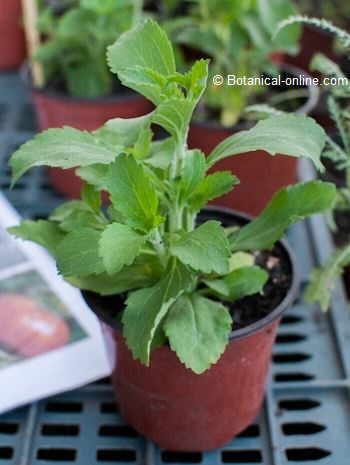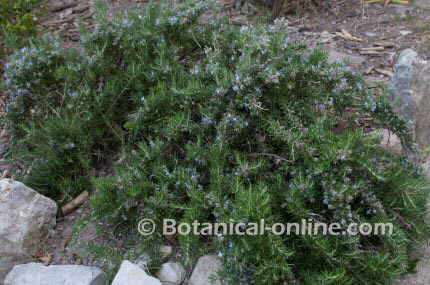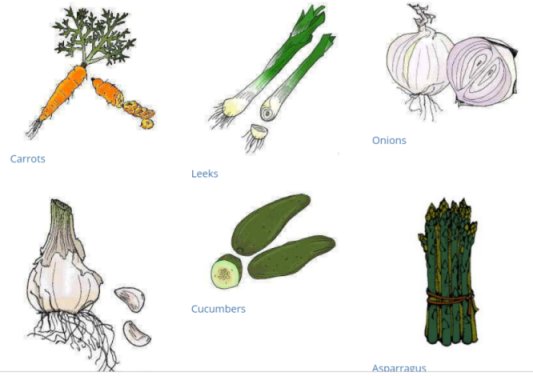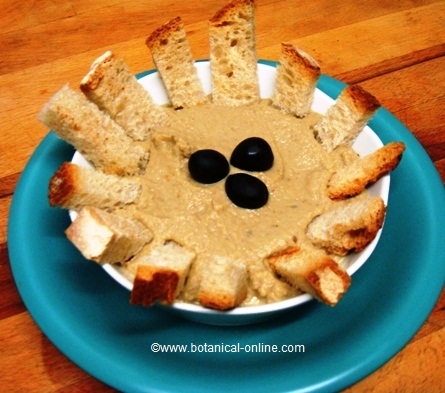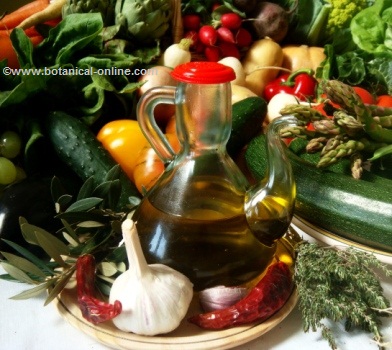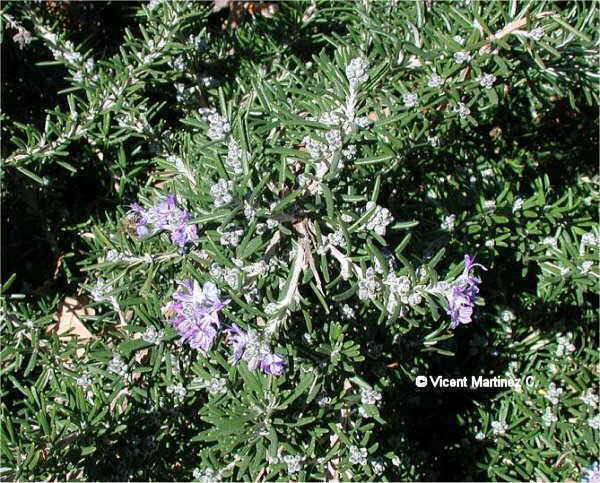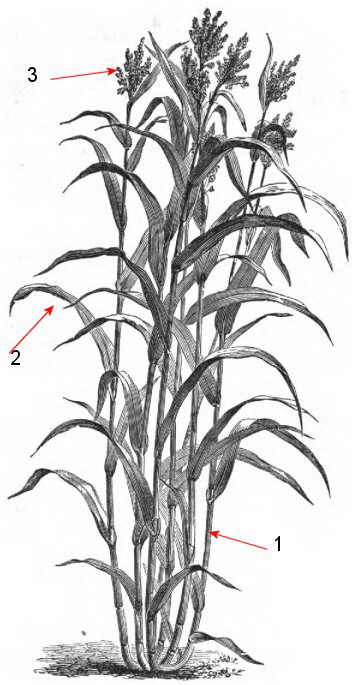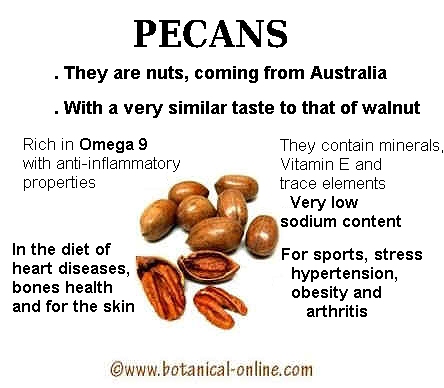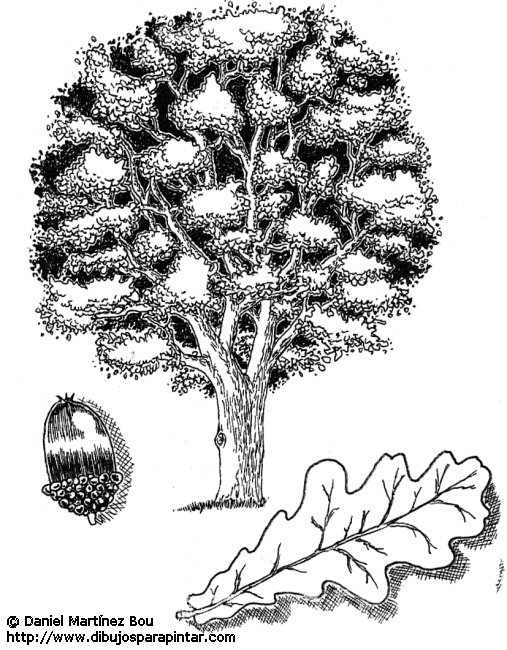Contents
Herbal remedies to treat food poisoning
NATURAL TREATMENT OF POISONINGS
Before the onset of symptoms of food poisoning, you should see a doctor who will diagnose if you are really suffering a food intoxication , and will apply a suitable treatment.
The natural treatment of food poisoning is to use herbs or foods that inhibit the growth of microorganisms that are causing food poisoning.
Phytotherapy: Medicinal plants for food poisoning
The use of herbal medicine in the treatment of food poisoning is based on the use of medicinal plants with the following properties:
- Antimicrobial plants to stop the growth of pathogenic microorganisms.
- Plants with sedative properties for the digestive system to reduce the unpleasant symptoms of intoxication.
Medicinal plant preparations to treat food poisoning
Among all the plants that can be used to help combat food poisoning we will mention the following:
- Garlic: (Allium sativum) Garlic is the antibacterial remedy par excellence. The antibacterial properties of garlic can be used to combat or prevent food poisoning. Eating garlic in foods protect us against possible poisoning. For people who can not tolerate or do not support the garlic smell, there are garlic capsules in pharmacies and herbalists.
- Pepper (Piper nigrum) Pepper is considered to posses detoxifying properties. (Add pepper to your food. Maximum 5 gr daily)(25 drops of mother tincture 3 times a day.)
- Sage (Salvia officinalis) Along with garlic, it is another wonderful bactericide. (Infusion of a teaspoon of dry plant per cup of water. 3 cups per day)
- Tarragon: (Artemisia dracunculus) Because it acts as a natural antibiotic, tarragon seasoning was formerly used as medicine to prevent and preserve food poisoning. (Use it as a condiment or infusion; 5g. Dried leaves in 250ml of water. Take a couple of glasses)
- Stevia (Stevia rebaudiana) Stevia is considered as a good ally to the intestine as it promotes cleanliness. (Infusion of 1 tsp of stevia per cup, three times daily)
- Wild marjoram (Origanum vulgare) Besides being a great antioxidant, it possesses antimicrobial properties that may be useful to eliminate the microorganisms that cause food poisoning. (Infusion of a spoonful of dried plant per cup of water. 3 cups per day)
- Rosemary (Rosmarinus officinalis) It has been shown that rosemary inhibits the formation of harmful bacteria in in vitro, so its use could be interesting in cases of poisoning from spoiled food. (Infusion of a spoonful of dried plant per cup of water. Take a couple of cups a day)

Photo of rosemary
- Carrot: (Daucus carota) Regular consumption of this vegetable can help prevent or decrease the toxicity of food poisoning caused by listeriosis.
- Camomile: (Matricaria chamomilla) Regular consumption of this vegetable can help prevent or decrease the toxicity of food poisoning caused by listeriosis.
![]() More information on food poisoning and its natural treatment.
More information on food poisoning and its natural treatment.

